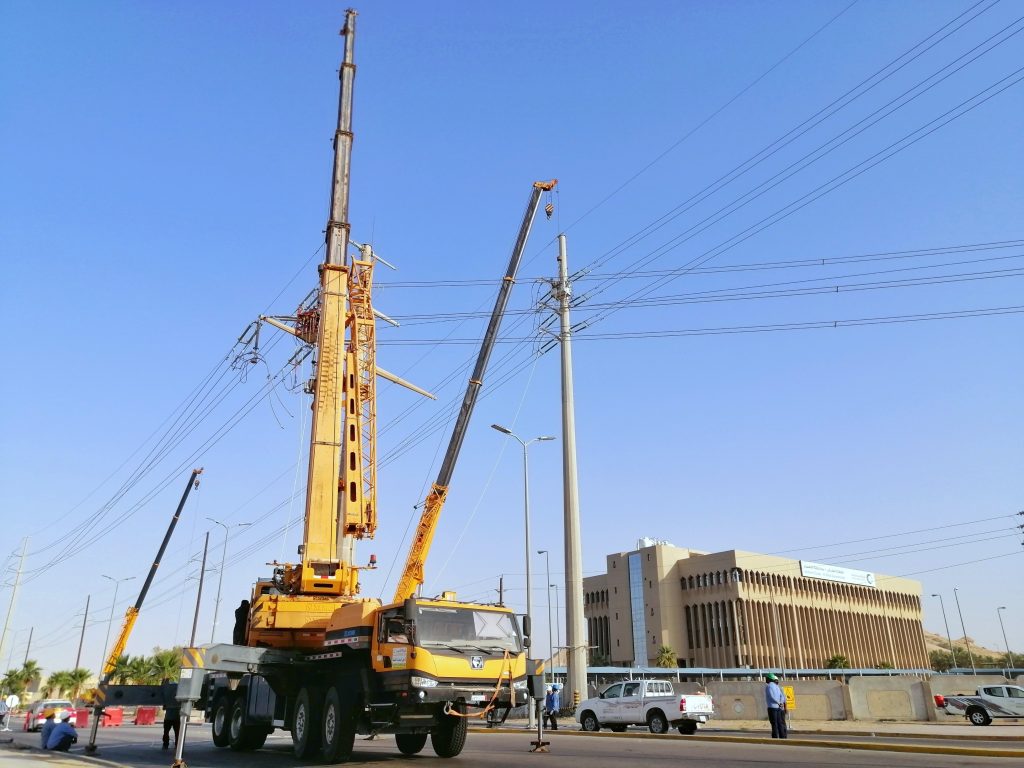Saudi Arabia Sees Investment Boom in Construction; Egypt Leads in Licenses
Saudi Arabia’s construction permits dominated investment licenses in Q2 2024, with 737 issued, making up 27% of the total. This marks a 32.1% increase from the previous year, driven by Vision 2030 projects like NEOM and the Red Sea Project.
The Kingdom aims to boost foreign direct investment to SR388 billion annually by 2030, contributing 5.7% to GDP. The target for gross fixed capital formation is SR2 trillion, accounting for 30% of GDP.
Economist Albara’a Al-Wazir highlighted that the surge in construction permits is due to infrastructure needs, population growth, and regulatory reforms that simplify the permit process.
Other sectors also saw growth: manufacturing with 469 licenses (up 68.1%), professional services with 318 (up 48.6%), and information and communication with 232. Together, six sectors accounted for 80% of total licenses.
Egypt led in investment licenses by country with 789, a 71% increase. India, Yemen, Pakistan, and Syria followed. Alwazir noted that strong bilateral relations and a favorable investment climate attract these countries.
Bangladesh and China saw the highest increases in licenses, with Bangladesh up 406% to 91 licenses and China up 217% to 133. China’s Belt and Road Initiative aligns with Saudi infrastructure goals, boosting investments.
Saudi Arabia’s Vision 2030 includes initiatives to attract investors, enhance investment laws, and support multinational companies. The Regional Headquarters program offers a 30-year corporate tax exemption to foreign companies establishing Gulf bases in Saudi Arabia.
In Q2 2024, the Ministry of Investment issued 57 regional headquarters licenses, an 84% increase. The ministry also processed 4,709 business visit visas and provided over 58,000 services through its e-platform.
In August, Saudi Arabia introduced a new Investment Law to replace the 2000 Foreign Investment Law. This law ensures equal treatment for foreign and domestic investors, stronger protections against expropriation, and streamlined regulatory processes.
Alwazir stated that these measures are expected to attract a broader range of global investors and help achieve the FDI target of SR388 billion annually by 2030.
